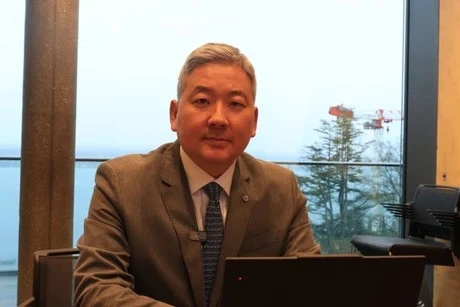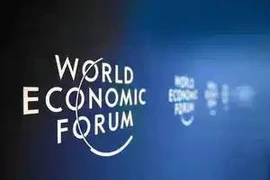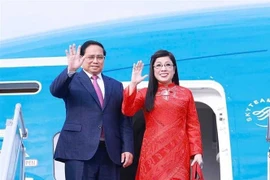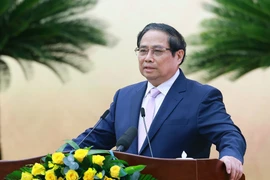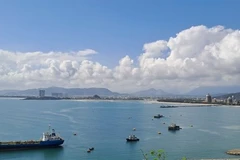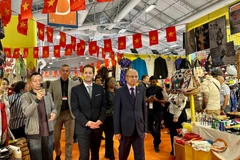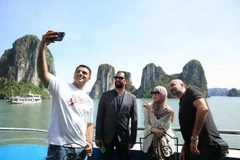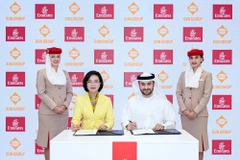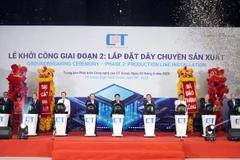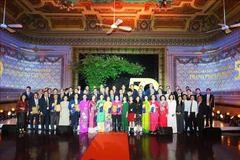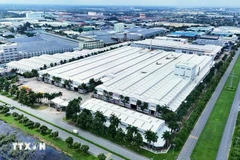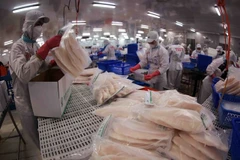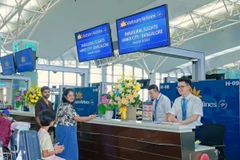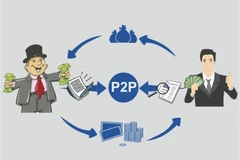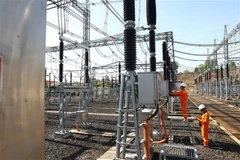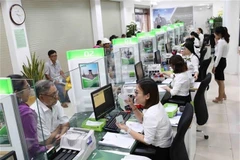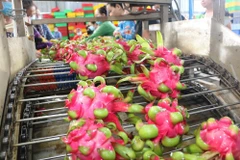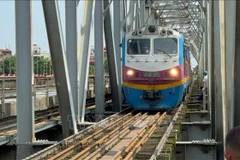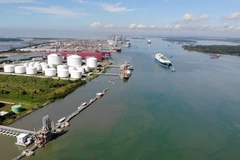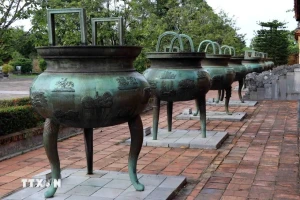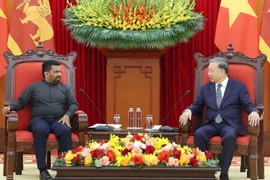Geneva (VNA) - As the world transitions into a new era, Vietnam is emerging as a key player in multilateral cooperation mechanisms and a beacon of growth and development, said the World Economic Forum (WEF)’s Head of Regional Agenda for Asia-Pacific Joo-Ok Lee.
Talking with the Vietnam News Agency (VNA)'s resident reporter in Geneva ahead of the Vietnamese delegation’s attendance at the annual WEF meeting in Davos, Switzerland, led by Prime Minister Pham Minh Chinh, Lee said the theme of this year’s forum, "Collaboration for the Intelligent Age", reflects the world's shift from the industrial age to the smart age. This transition underscores the need to anticipate the transformative power of emerging technologies, assess future scenarios, and leverage technological advancements for economic development.
In his view, Vietnam’s commitment to enhancing cooperation with multilateral mechanisms is crucial for two key reasons. First, in the rapidly evolving digital economy, multilateral agreements can strategically position Vietnam for growth. ASEAN member states are actively discussing the establishment of a common market and standards for the digital economy, with the WEF providing support for this regional initiative.
Second, the WEF highly values Vietnam’s collaboration with multilateral mechanisms, particularly as emerging technologies tend to favour bold, early adopters. From this perspective, Vietnam’s proactive and effective measures are evident, as reflected in recently released data from Hanoi showcasing the country’s remarkable economic growth.
As Vietnam eyes a new era and the status of a high-income country by 2045, Lee recommended Vietnam to grasp new technologies, transform itself and and further train its workforce. He held that Vietnam is on the right path, equipping itself with the tools needed to reach the set targets.
Expressing his delight at PM Chinh’s attendance at the upcoming WEF annual meeting, he said it holds significance for the WEF, as the presence of high-ranking leaders amplifies trust among all stakeholders, and signals their commitment to global cooperation while providing an opportunity to convey key messages and listen to feedback from all involved parties.
The WEF is making every effort to ensure that the Vietnamese delegation’s working trip yields meaningful outcomes, Lee said, adding that the WEF is targeting specific outcomes, such as expanding investment networks, forging partnerships, and highlighting Vietnam’s position and contributions at international multilateral forums./.
